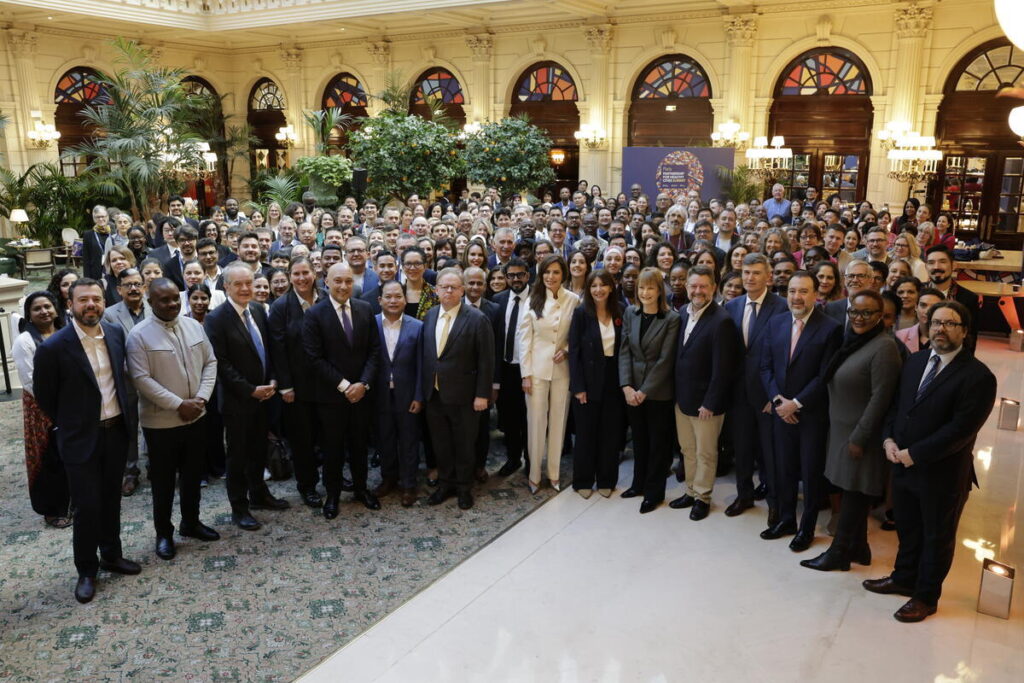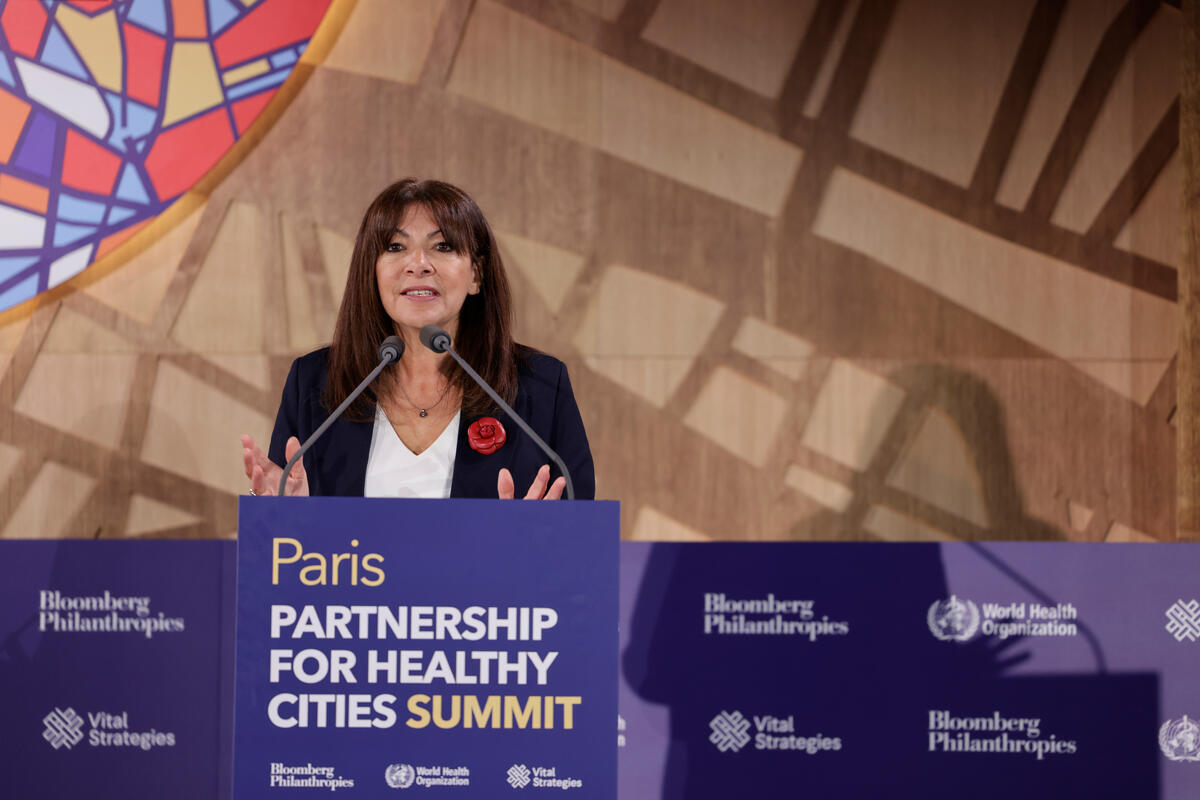
Cities, now home to nearly 60% of the world’s population, are at the forefront of our most pressing global challenges. Noncommunicable diseases (NCDs) and injuries are one such crisis, accounting for more than 80% of deaths globally. This burden is only intensified by urbanization, widening inequities, and climate change—demanding shifts in our approach to public health.
The good news? Cities are taking the lead every day, tailoring proven NCD and injury prevention strategies to urban communities. The global Partnership for Healthy Cities helps support these efforts.
The 74-city network, supported by Bloomberg Philanthropies in partnership with the World Health Organization and Vital Strategies, unites mayors and local leaders committed to preventing NCDs and injuries—fostering a global community that spans all corners of the world. And at the 2025 Partnership for Healthy Cities Summit, more than 220 participants from 61 cities showed us what this looks like in practice.
Over three days, cities exchanged solutions, ideas, and challenges, demonstrating the power and impact of locally-led, evidence-based policies—from expanding healthy food access in schools to designing more walkable, bicycle-friendly neighborhoods.
“The strength of the Partnership for Healthy Cities lies in its unique, networked approach which builds on collaboration and the exchange of peer-to-peer learning,” said Dr. Mary-Ann Etiebet, Vital Strategies President and CEO, at the opening of the event. “When cities work together on addressing shared health challenges, there is power in their combined knowledge and commitment. We are stronger together.”

During the event, three success stories were recognized as leading examples and honored with one of this year’s Partnership for Healthy Cities Awards. Greater Manchester, UK is helping people breathe easier with more smoke-free public spaces. In Latin America, Fortaleza, Brazil, was recognized for strengthening the city’s air quality surveillance to inform policy and empower communities, and Córdoba, Argentina is safeguarding 15,000 children from ultra-processed food and sugary drinks.
“Noncommunicable diseases, including heart disease, cancer, and diabetes, and injuries are responsible for more than 80% of all deaths globally, but the good news is: They are preventable,” said Michael R. Bloomberg, founder of Bloomberg L.P. and Bloomberg Philanthropies, WHO Global Ambassador for Noncommunicable Diseases and Injuries, and 108th mayor of New York City. “Cities are leading the way in implementing policies that are protecting public health and saving lives. This year’s winning cities are proving that progress is possible with strong leadership and political will, and we look forward to seeing the results of their efforts.”
“Cities are at the forefront of the fight against noncommunicable diseases and injuries. The progress made in Córdoba, Fortaleza, and Greater Manchester is not only improving health today but also setting a model for others to follow,” said WHO Director-General Dr. Tedros Adhanom Ghebreyesus. “WHO is committed to working with cities to build healthier, safer, and more resilient communities for all.”
As the implementing partner for the initiative alongside the World Health Organization, Vital Strategies provides technical assistance, supports communication and public relations efforts, and disburses grants to participating cities. Read more about our work here.
Read
- Three Cities Honored for Public Health Achievements at 2025 Partnership for Healthy Cities Summit
- An International Summit to Unite Cities Around Health (Un sommet international pour unir les villes autour de la santé)
Watch
About the Partnership for Healthy Cities:
The Partnership for Healthy Cities is a prestigious global network of 74 cities committed to saving lives by preventing NCDs and injuries. Supported by Bloomberg Philanthropies in partnership with WHO and the global health organization Vital Strategies, the initiative enables cities around the world to deliver a high-impact policy or programmatic intervention to reduce NCDs and injuries in their communities.


